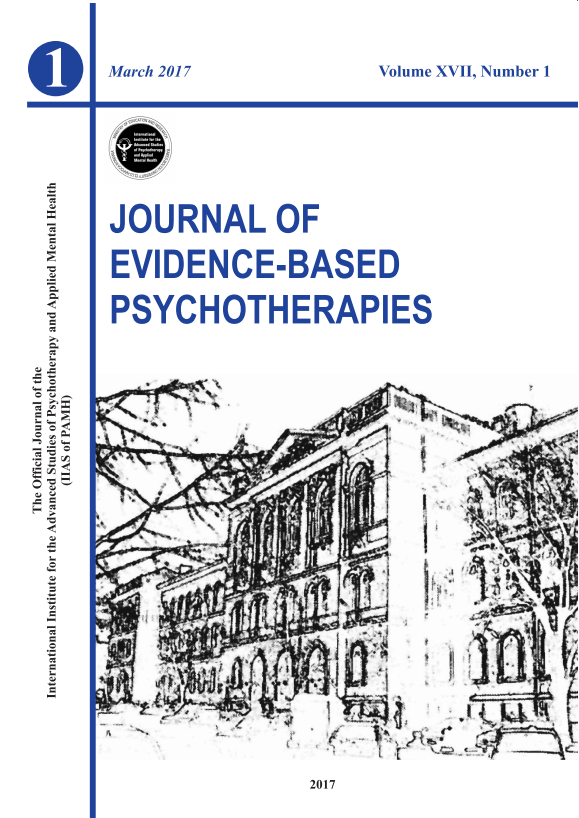danieldavid@psychology.ro
Alina Ciupei1,a, Ionut Stelian Florean1,b, Daniel David1,c*
1 Department of Clinical Psychology and Psychotherapy, Babeş-Bolyai University, Romania
a https://orcid.org/0009-0008-1423-6803
b https://orcid.org/0000-0002-5297-7820
c https://orcid.org/0000-0002-0088-5641
Abstract
The Orientations to Happiness (OTH) scale measures three pathways to happiness: pleasure, engagement, and meaning. This study aimed to adapt and validate both the full and short versions of the OTH scale for the Romanian population. A sample of 510 Romanian adults (mean age = 33.58 years; 88.13% female) participated in this study. Confirmatory factor analysis and exploratory structural equation modeling supported the scale’s factorial structure. In the full version of the questionnaire, the pleasure (α = .76) and meaning (α = .76) subscales demonstrated acceptable reliability, whereas the engagement subscale showed questionable reliability (α = .65). In the short version, questionable reliability was found for pleasure (α = .66) and meaning (α = .72) subscales, while the engagement subscale exhibited poor reliability (α = .52). Strong correlations between the full and short versions of the scale were found for pleasure and meaning (for both, r = .89) and engagement (r = .88). To address the limitations regarding internal consistency, especially for the short version, latent variable modeling, which uses the latent variables instead of the observed total scores, could be considered. These findings provide support for testing orientations to happiness in Romania with OTH.
Keywords: orientations to happiness, factor structure, validity, engagement, pleasure, meaning, psychometric properties.
Please cite this article as:
Ciupei, A., Florean, I. S., & David, D. (2025). Orientations to Happiness Scale: A Psychometric Study in the Romanian Context. Journal of Evidence-Based Psychotherapies, 25(1), 183-199.
DOI: 10.24193/jebp.2025.1.8
Published online: 2025/03/01
Published print: 2025/03/01
